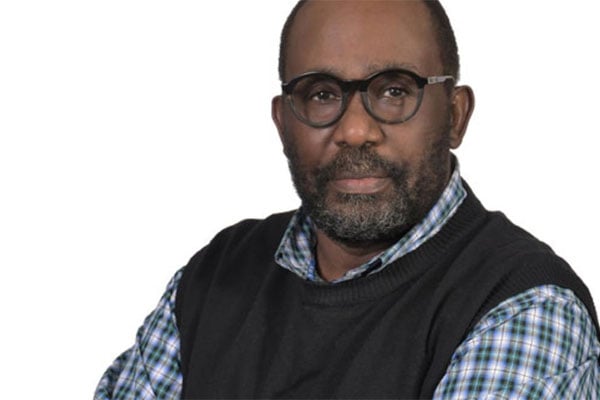In Uganda’s April of 1979, we were young and tragic folks

Mr Charles Onyango-Obbo
What you need to know:
- Mr Charles Onyango Obbo says: As soon as the lights went out and the students became riotous, we would jump out and take off...
It was interesting, and heartening too, to read President Yoweri Museveni calling the April 11 signing of the East Africa Crude Oil Pipeline deal between Tanzania and Uganda a “third victory” for the two countries.
With Tanzania’s new President Samia Suluhu Hassan first trip outside the country after she took over from deceased John Magufuli last month, Daily Monitor quoted Museveni saying:
“Forty two years ago, this same day, was when the Tanzanian troops of the 20th Division, under Gen David Msuguri, captured Kampala and enabled Ugandan army officer David Oyite Ojok to announce the fall of Idi Amin on Radio Uganda….Today, therefore, is a triple victory for Tanzania and Uganda.”
It took all of 36 years for Museveni to acknowledge April 11, 1979 Liberation Day, since his government dropped its observance right at the outset of its coming to power in 1986.
We seem to be headed into a period when the oil pipeline will reset Uganda’s relations considerably, making the Tanzanian axis the Number One issue for any Kampala government of the future.
For today, we will go back to that April 11, 1979, moment Museveni spoke about. The Amin years were terrible, and Uganda has endured many hellish years since his departure – depending on which part of the country you live in and which political cause or party you support. What makes the Amin period singular, was that it came in what had been a triumphant phase of the country. Ugandans had largely had a good time, barring downsides like the Buganda crisis of 1966, and was a country that had forgotten what suffering was. For example, hard to believe as it might be, some data indicates that when Amin seized power in 1971, Uganda’s middle class was larger than Kenya’s – and the largest in the region.
Ever since Amin, we know suffering, but it doesn’t unmoor as it did during Amin. Amin’s ouster, was defining because it just wasn’t a political change, it was also social and cultural in profound ways. You now could dress as you wished, worship as you pleased, play for or support a football club without risk, and the colour of your skin (especially if you were Asian) did not put you in peril on the face of it. Therefore, there were simply too many layers of significance to the end of Amin’s rule.
One of the questions, then, was what kind of society Uganda had become in the Amin years and, the other, how much of the old had remained.
We need to write books for the political changes, but at the social level one experience revealed a lot. A year before Amin’s fall, at Makerere University, we figured that while the military regime had banned the Student’s Guild and other organisations, there was one that was untouched. Probably defunct again, it was the Students’ Film Board.
We stitched it back together then, got the university administration to sign off on it, and it was up and running. With no election possible, and most students still puzzled that some such obscure thing existed, I became chairman of the film board – and stayed chief after Amin fell.
Film was one of the things that kept university students sane, and we would troop to watch Kung Fu and “Cowboy” films in the city centre. We got the films from the theatres, but I would first huddle with “comrades” to see which one had some useful political undertones, before making the final selection. To us, a film with a small fighter defeating a giant, was sufficient politics.
Friday was “film night” and we showed them in the Makerere Main Hall for a small fee (we made a profit). However, electricity was extremely erratic, and power regularly went out.
Sadly, the violence of the time had seeped into the student community. Even if the power cut five minutes to the end, the students would bay for “our money”. In order not to have them grab the money from the receipts leaving us unable to pay the theatres, or beat us up, when the film started, we would sit on the edge of the windows in the lounge area outside the main hall. As soon as the lights went out and the students became riotous, we would jump out and take off.
A strange settlement was established. The students kept coming, paying and filling up the hall for the film, and we kept fleeing with the money and our lives when things went south. The understanding was that we must never be caught. And, so, we lived happily that way, and even got addicted to the dangerousness of the situation. But it was always tragic, reflecting on how far we had fallen, and how much innocence we had lost.
Mr Onyango-Obbo is a journalist, writer and curator of the “Wall of Great Africans”. Twitter@cobbo3





